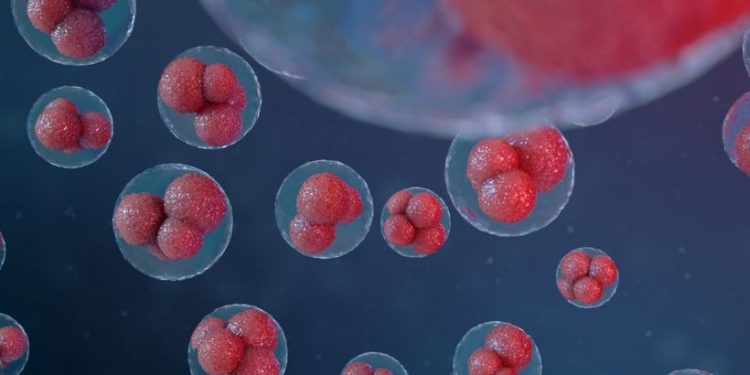Cancer that starts in the tissue that lines your esophagus can grow quickly and spread to other parts of the body. It’s a deadly disease, but it often doesn’t cause any symptoms at all because your esophagus stretches to make room for things like big bites of food. That’s why it’s important to see your doctor if you think you have esophageal cancer or are worried about heartburn or difficulty swallowing.
There are two main types of esophageal cancer: squamous cell carcinoma and adenocarcinoma. Squamous cell carcinoma develops from flat, thin cells that cover the surface of your esophagus. It tends to affect people over age 50 and occurs most frequently in men. Adenocarcinoma develops in the tissue that makes mucus that helps you swallow. It most commonly occurs in the lower part of the esophagus. It is more likely to occur in people with Barrett’s esophagus, which develops when normal cells of the esophagus become damaged by stomach acid.
It’s not clear what causes esophageal cancer, but certain factors increase your risk of developing it. Tobacco use, especially smoking or using smokeless tobacco, and heavy alcohol consumption can lead to esophageal cancer. Being overweight is another factor. If you have a chronic condition like GERD (gastroesophageal reflux disease), that can also raise your risk of esophageal cancer.

Most esophageal cancers are diagnosed at advanced stages. That’s because the disease is hard to detect until it has grown into nearby tissue. People who have a late-stage diagnosis of esophageal cancer have poor survival rates. But researchers are working to improve screening and early detection of the disease.
The team of doctors at Mayo Clinic Health System offers several tests to help diagnose esophageal cancer. These include a throat exam, endoscopy, chest X-ray and an imaging test called a computed tomography scan or a magnetic resonance imaging (MRI) scan.
These tests can find the size of a tumor and whether it has spread to other parts of your body. They can also determine which stage the cancer is in.
The team may recommend a biopsy, which involves inserting a needle into the center of your esophagus to remove a small sample of tissue for testing. A biopsy can confirm the diagnosis of esophageal cancer and help your doctor plan your treatment. In addition, your doctor may suggest you take part in a clinical trial, which is a research study involving new drugs or treatments for a specific type of cancer. The results of these trials are used to decide which treatments to offer you.









